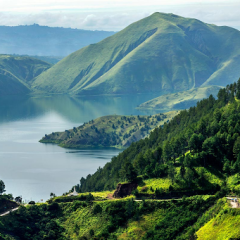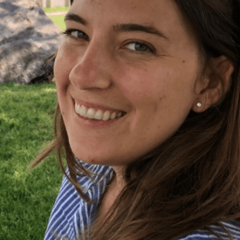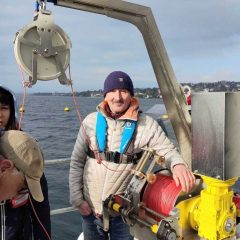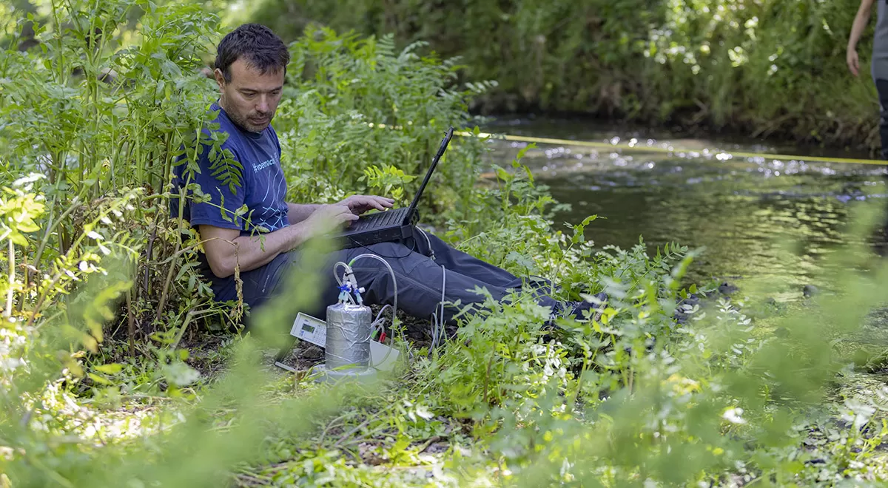
By Qing Zhan
Hello everyone,
I am delighted to introduce Rafa Marcé to all of you. During the GLEON 2022 Meeting at Lake George in November, Rafa began his term as the new co-chair for GLEON. We are eager to learn more about him as he takes on the role of co-chair alongside Lisette de Senerpont Domis.
Rafa hails from a large family consisting of 14 siblings, and he was the only one of them to pursue higher education and ultimately achieve a PhD. He is happily married and has two daughters. Rafa has a diverse range of hobbies, including playing football, biking, indulging in handicrafts (he even built his own telescope), and reading a wide variety of books, from classical literature to political, scientific, and historical essays. He has a discerning taste in books and only purchases them when he knows he will thoroughly enjoy reading them.
His journey in limnology began with undergraduate studies in biology, while simultaneously working part-time as a glass-blower in his dad’s workshop. It was not until he received funding from a Spanish scholarship that he could dedicate himself full-time to pursue a PhD in reservoir limnology. His research focused on Sau Reservoir (Catalonia, Spain), a prominent drinking-water reservoir that frequently makes headlines due to its issues with drying and associated oxygen depletion.
After completing his PhD, Rafa joined ICRA as a postdoc, where he expanded his research interests. While he continued to study reservoir limnology, he also delved deeper into carbon biogeochemistry, with a particular emphasis on drying freshwater ecosystems. Building upon his PhD work, Rafa has been actively engaged in modeling climate change impacts on inland freshwater ecosystems and the emerging contaminants they face.
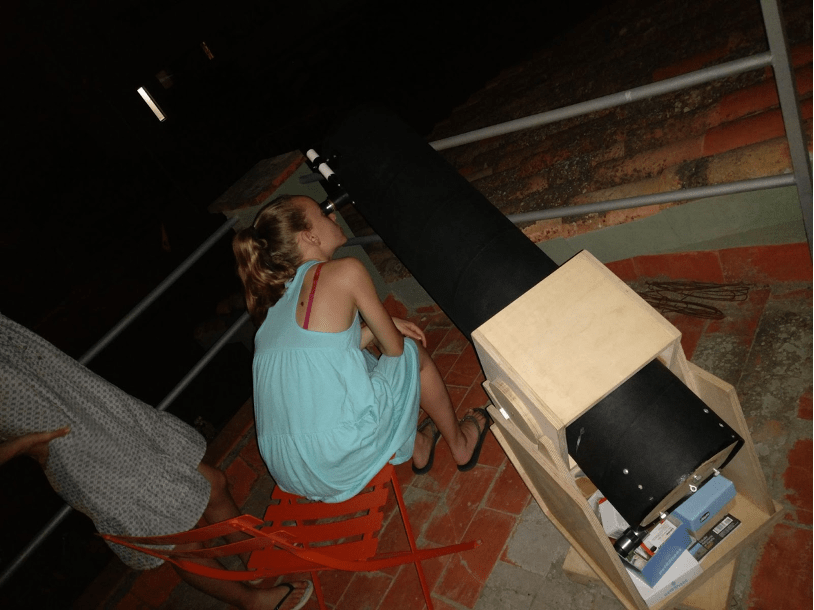
When asked about his involvement with GLEON, Rafa mentioned that he first joined at a meeting in 2016 in Lunz, Austria. He was introduced to GLEON by his project colleagues from NETLAKE (2013-2016), which could be considered as a European partner network to GLEON. Rafa discovered a new world within GLEON, where collaborative, team science is valued. He found GLEON to be a welcoming environment filled with kind individuals from all over the world, where the exchange of ideas and collaboration takes precedence over competition—a refreshing departure from the prevailing culture of high productivity and individualism. Rafa noted that one valuable lesson he learned from GLEON is that science can flourish through collaboration.
This is why he is deeply passionate about GLEON. Initially, he believed GLEON was primarily focused on instruments, infrastructure, and high-frequency monitoring. However, he soon realized that GLEON is fundamentally about its people. From the very beginning of every GLEON meeting, efforts are made to break the ice and foster connections among the community members through enjoyable activities. Engaging in conversations with strangers is the norm, and one can’t help but feel embraced by the warmth and care of the GLEON community.
When asked about his vision and aspirations for GLEON’s future, Rafa expressed his desire to ensure the smooth operation of the network and preserve its essence without causing any disruptions. He acknowledged that GLEON is at an interesting juncture, undergoing multiple simultaneous transitions. Firstly, GLEON is evolving from being solely an NSF-supported project into an independent entity, and it needs to establish its position within the field, particularly in terms of long-term sustainability. Secondly, the COVID-19 pandemic has prompted discussions about the balance between virtual and in-person meetings, raising questions about the future of collaboration. Lastly, there is an ongoing effort to enhance diversity within GLEON, with a focus on incorporating underrepresented regions such as South America, Africa, and Asia. Rafa is committed to driving these transitions and making GLEON a truly international organization. Despite his concerns about taking on a leadership role during such an uncertain period, we firmly believe that Rafa is the right person to guide us through these transitions and achieve significant milestones.
For those attending their first GLEON meeting or students participating in GLEON events, I asked Rafa to share some tips. His advice is simple: go there, have fun, and if you are an extrovert, raise your hand to engage in conversations. If you lean more towards introversion, take advantage of virtual chats or emails to connect with others. Seek out smaller groups to interact with people and never hesitate to share even your wildest ideas. Rafa humorously shared that his first GLEON project actually involved studying ecosystems without water—the drying lakes. On the other hand, he acknowledged that the high level of interaction during GLEON meetings can be overwhelming for some individuals, which is why virtual meetings provide a more relaxed environment for them.
Finally, I asked Rafa for advice on maintaining a work-life balance in this demanding field. As GLEON operates on a volunteer-based model, there can be intense periods with multiple events happening back-to-back. Rafa emphasized that being a scientist entails complexity, encompassing not only research, fieldwork, and experiments but also project management, funding applications, and science communication. The responsibilities can quickly pile up, and constant requests for projects and collaborations can be overwhelming. Rafa suggested actively taking care of oneself by setting personal rules, even though there are no universal guidelines. Once these rules are established, they must be diligently enforced. For instance, refraining from checking emails after 5 pm can be an effective boundary. Each person’s approach to work-life balance may differ, and it is essential to be mindful of one’s own needs.
In conclusion, I extend my gratitude to Rafa for introducing himself and sharing his insights. Let us wish him a successful and fulfilling term as the co-chair of GLEON, confident that his leadership will guide us through these transitional phases.
Best regards,
Qing Zhan
About the author
Qing Zhan is a member of the Communications Committee of the GLEON Student Association. He is originally from China, currently wrapping up his PhD at The Netherlands Institute of Ecology (NIOO-KNAW). His PhD thesis is entitled: “Towards climate-robust aquatic ecosystem restoration and ecosystem services provisioning: lessons learned from controlled experiment and modelling.”
